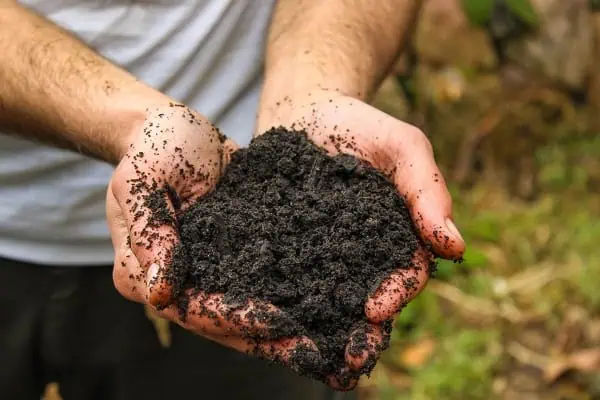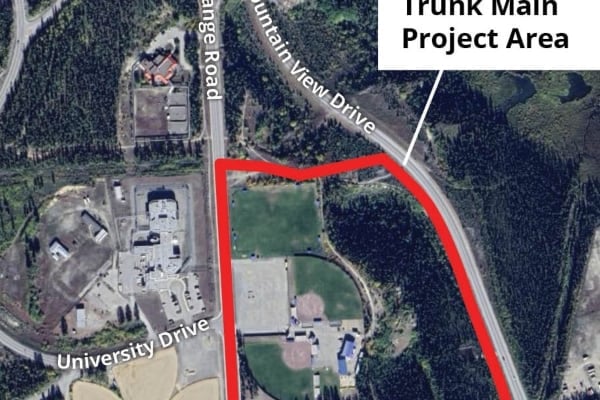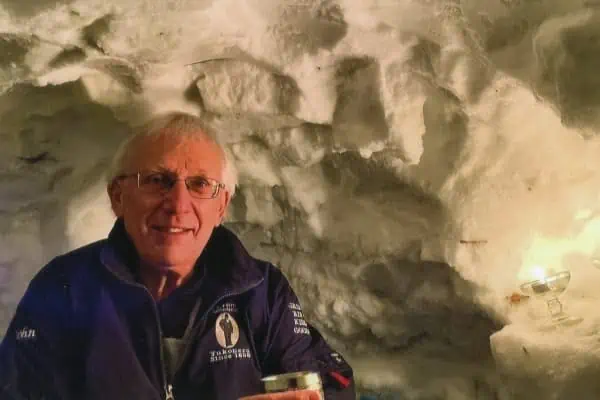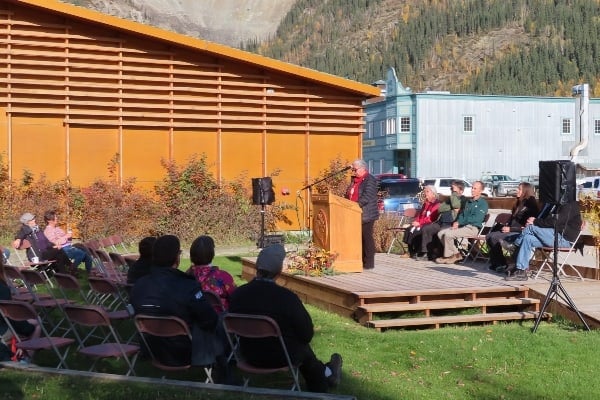The Hidden Histories Society Yukon collects stories and research on people of Asian and
Black heritage who have contributed to the Yukon. It’s been doing this for 15 years. Yoshikazu (Joe) Tsukamoto was an early pioneer in the development of northern agricultural research and practice in Yukon. Here is his story.
The Early Years
Yoshikazu (Joe) Tsukamoto was born in New Westminster, B.C. in 1925. His mother died when he was six and his father returned to his family home in Japan with his children.
Tsukamoto was educated in Japan, graduating at 16 from Nagahama Agricultural School in 1941. With conflict imminent in the Pacific, his father sent him to Canada so he could continue his education. He set out on the last boat to leave before the war started.
He lived with his aunt and uncle, who owned a fruit farm in southern B.C. He longed to continue his education, but was obligated to work for his relatives.
When Japanese Canadians were forcibly relocated in 1942, Tsukamoto was sent to a sugar beet farm in Alberta, later recalling that internees were “the machines on the farm”. Turning adversity to opportunity, he concentrated on learning as much as he could. After the war, he attended the Olds School of Agriculture and Home Economics, which is located in Olds, Alberta, and is now called Olds College. He graduated in 1949, then continued his studies at McGill University, earning a Bachelor of Science degree in 1954.
Moving North
Yoshikazu (Joe) Tsukamoto came to the Yukon in 1954 as Canada’s first northern agricultural research scientist at the Whitehorse Experimental Farm, located at Mile 1019 near Haines Junction. Passionate about growing things, he experimented with different crops, planting methods and ideas to promote farming North of 60.
He returned to McGill University for a master’s degree in 1962, where he met and married fellow student Susan Hitchcock. The couple lived in Haines Junction until the federal government disbanded the farm in 1967. Tsukamoto is still remembered for his enthusiastic participation in community life. Regarded as one of the pioneers of Yukon agriculture, his legendary efforts at the Junction are still remembered and celebrated.
Joe and Susan moved to Brandon, Manitoba. There, he worked for Manitoba Agriculture. He then travelled to Russia, Ukraine, China, South Africa and the United States as a consultant on agricultural issues and to present research. He retired in 1991, having been honoured for his expertise in crop production with many awards.
He was inducted posthumously into Manitoba’s Agricultural Hall of Fame. He said he had no regrets and appreciated opportunities throughout his career. He died in Manitoba in 2005, and is greatly missed by family and colleagues. His wife, Susan, and daughter, Suyoko continue to reside in Brandon, where both work at the university.




